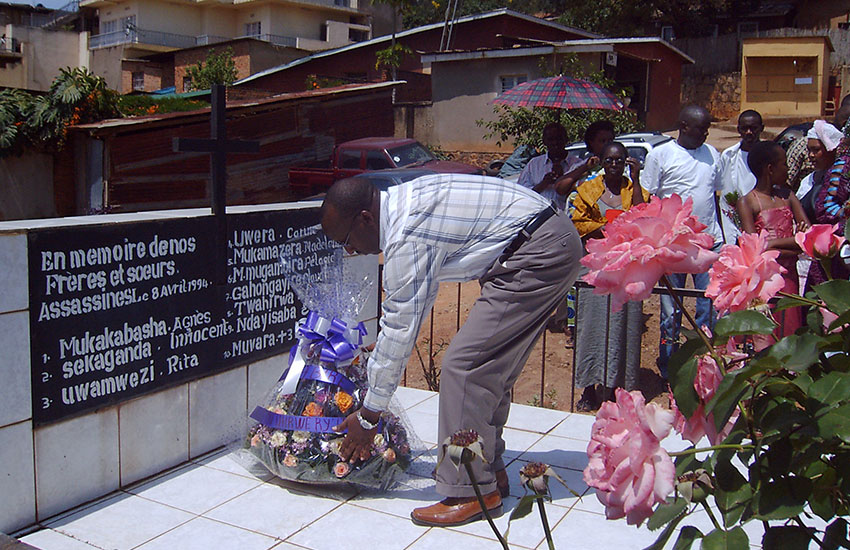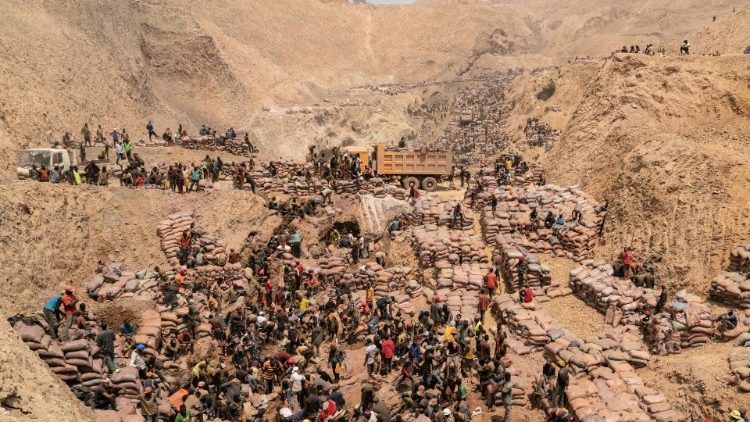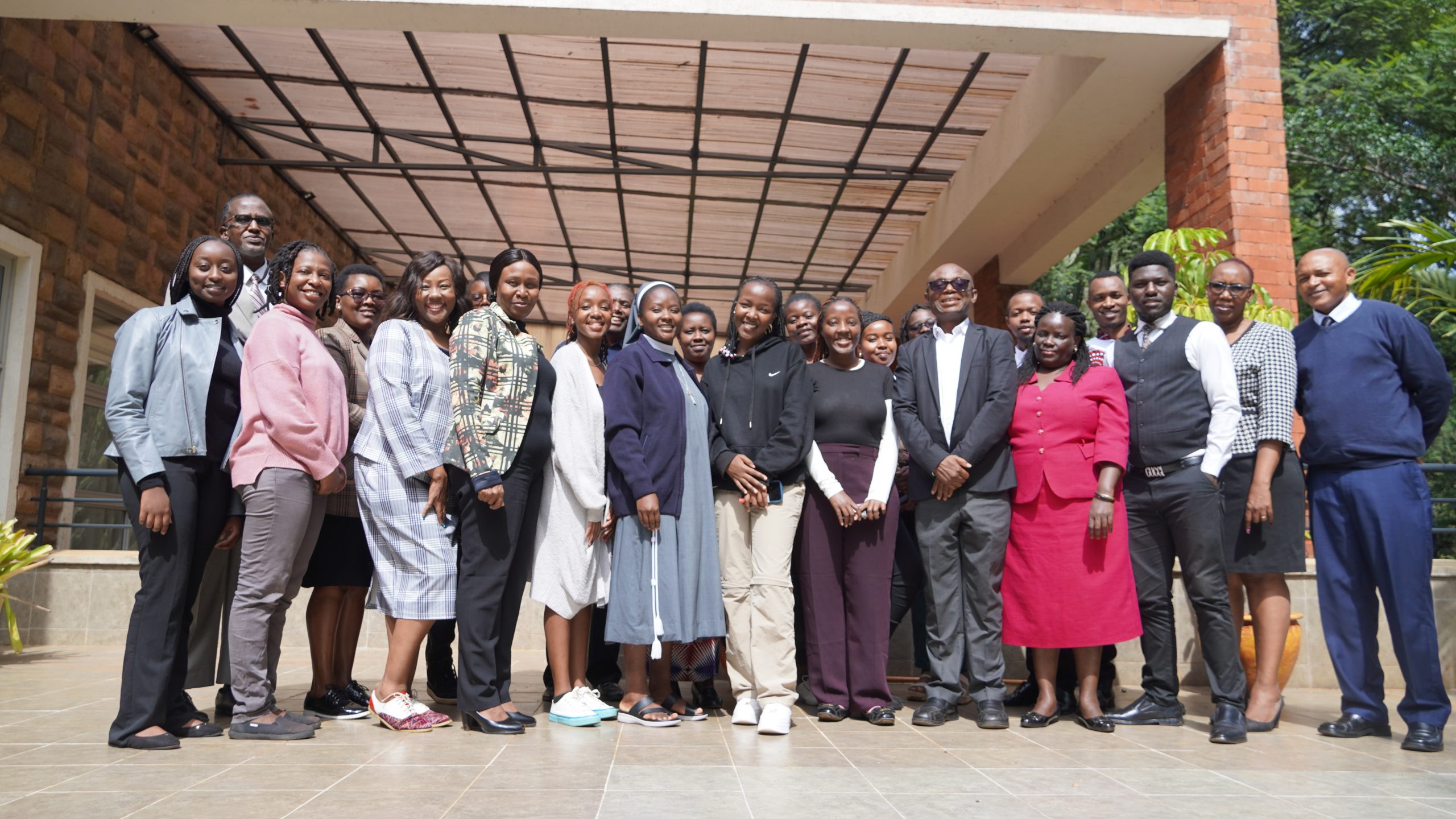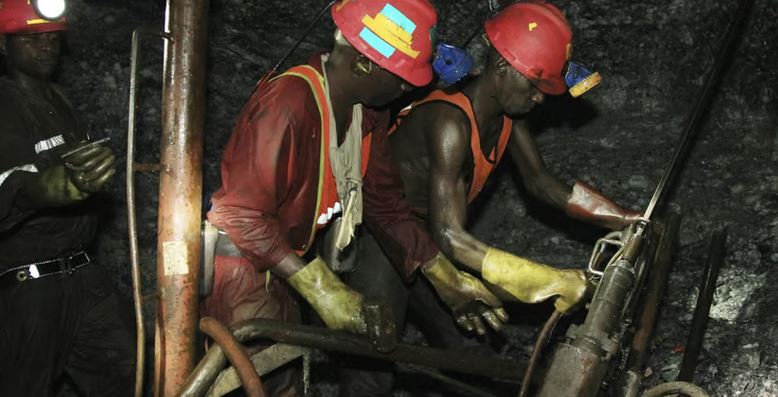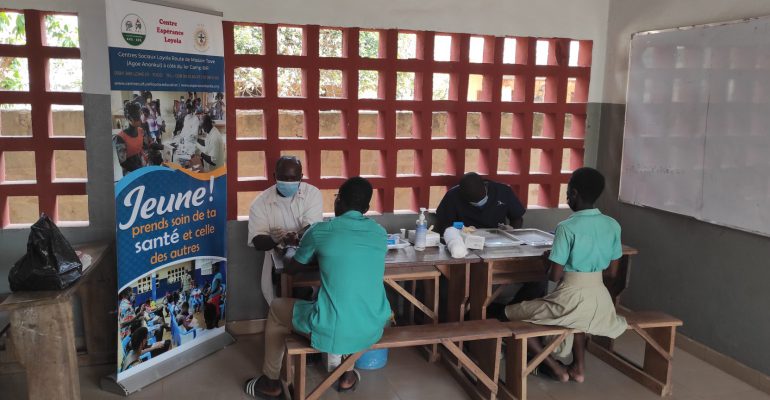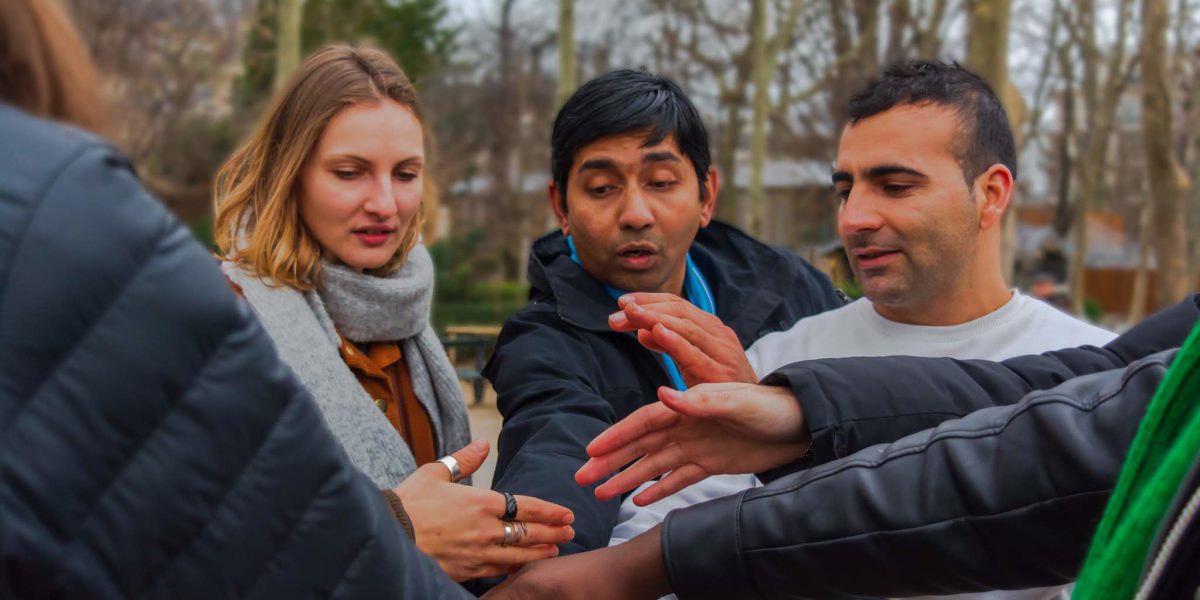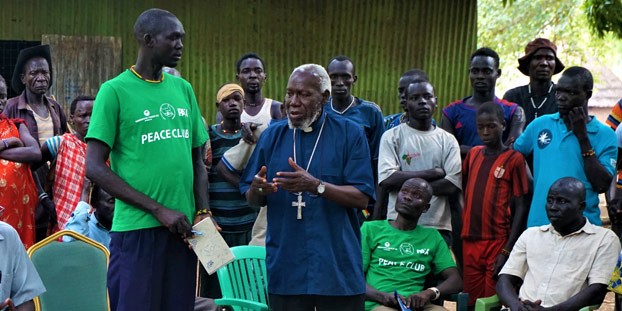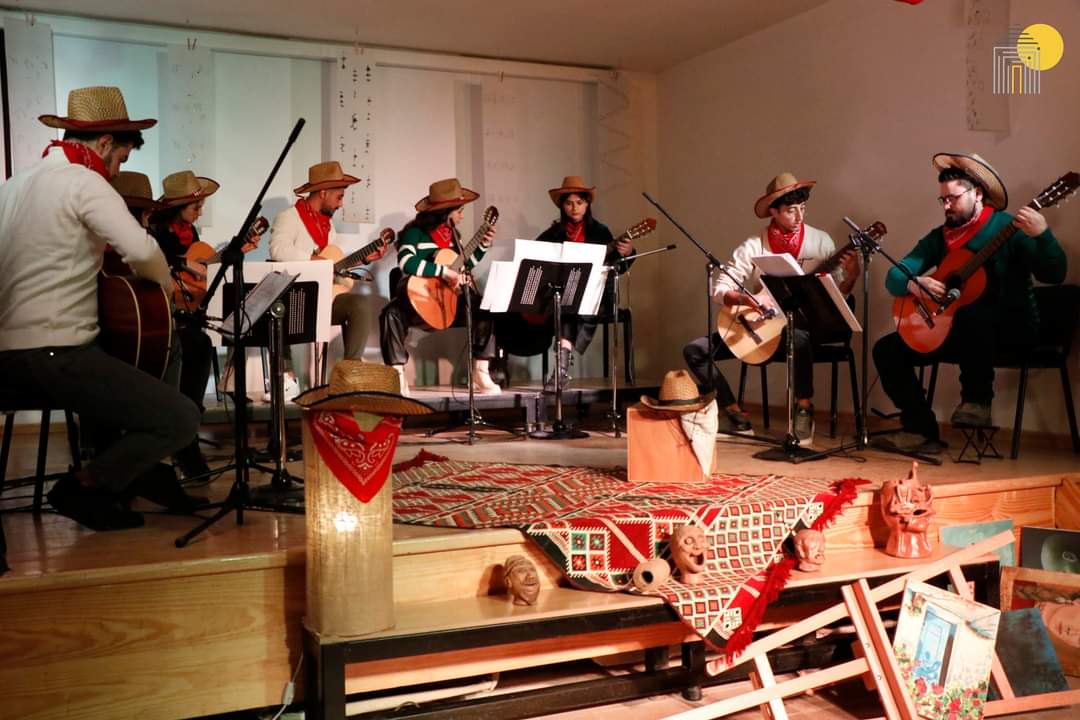Africa – CERAP SOCIAL. “A HOPEFUL FUTURE” FOR YOUNG AFRICANS
Writ large on their parents’ faces is a sense of satisfaction, the hope that their children will have a better future. Their tutors give thanks, while the guests all share in the joy of the occasion. This is the graduation ceremony for young people who have just completed three-year trade apprenticeships. Today, they are receiving their diplomas, plus any kit of tools or equipment they will need in the future.
Twenty-four-year-old Esther strides along the podium
as though she were on a catwalk. She is bursting with pride in her homemade
outfit. You can see the joy etched on her face. Yet reaching this point has
demanded huge reserves of courage and self-denial. Esther trained as a
seamstress, under the watchful eye of a boss, while taking complimentary
courses in adult literacy, human formation and management training. Every week,
during her three-year course a tutor visited her. Today, for Esther, “the
village’s oil has changed into Kerosene,” to quote a hit song from Abidjan. In
other words, her life has changed, for Esther has come a long way from
listening to the naysayers, those voices that once kept her trapped in poverty
and a fatalistic outlook. Now she sees her life as a blessing. Esther is one of
the large number of 14- to 25-year-olds on the Ivory Coast who have either
never been to school or else dropped out but who receive help from ASMU (Action
Sociale en Milieu Urbain – Social Action in Urban Settings). Since 1985, the
social division of CERAP has been offering young people like these
opportunities for a brighter future via trade apprenticeships.
As we would say today, ASMU’s farsighted decision to “walk alongside the poor, those whose dignity has been wounded, the excluded and those who society deems worthless, in a mission of reconciliation and justice,” is inspired by the preferential option of the poor. Something held dear by the Church, this option is also intrinsic to the mission identity of the Society of Jesus. For the Jesuits, this involves partnering with the mission of Christ who came to establish a world where faith and justice are the values guiding every action. It means highlighting the dignity of the human person by reducing the social and economic exclusion of the most vulnerable and deprived young people.

So, how does the programme work?
Given this rationale, every single young person who requests vocational training must go through a motivational process that leads them to discern and confirm their professional orientation. Subsequently, they receive training in their chosen trade while attending short courses in literacy, human formation, eco-citizenship and management.
Source: Jesuit.global

